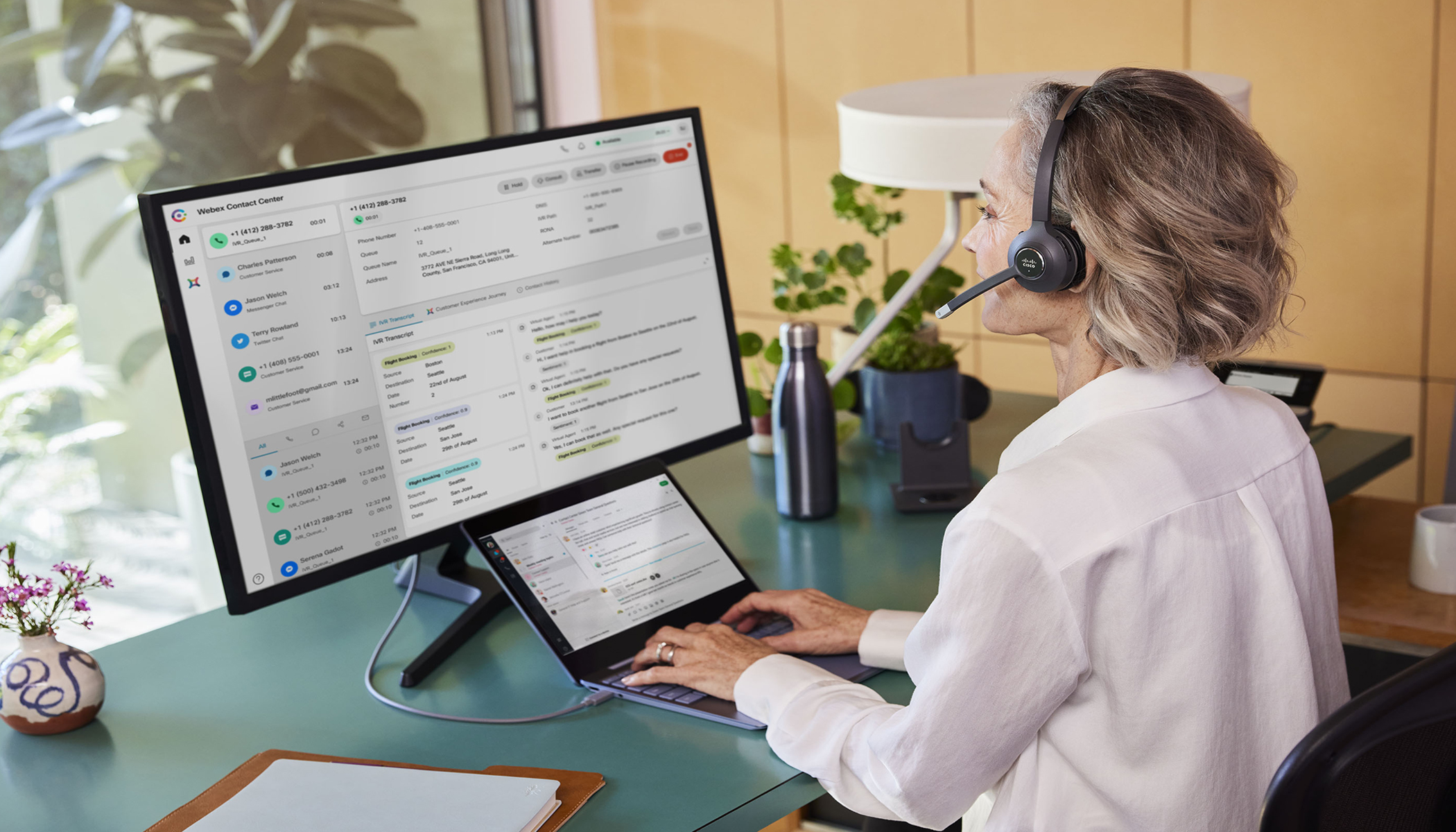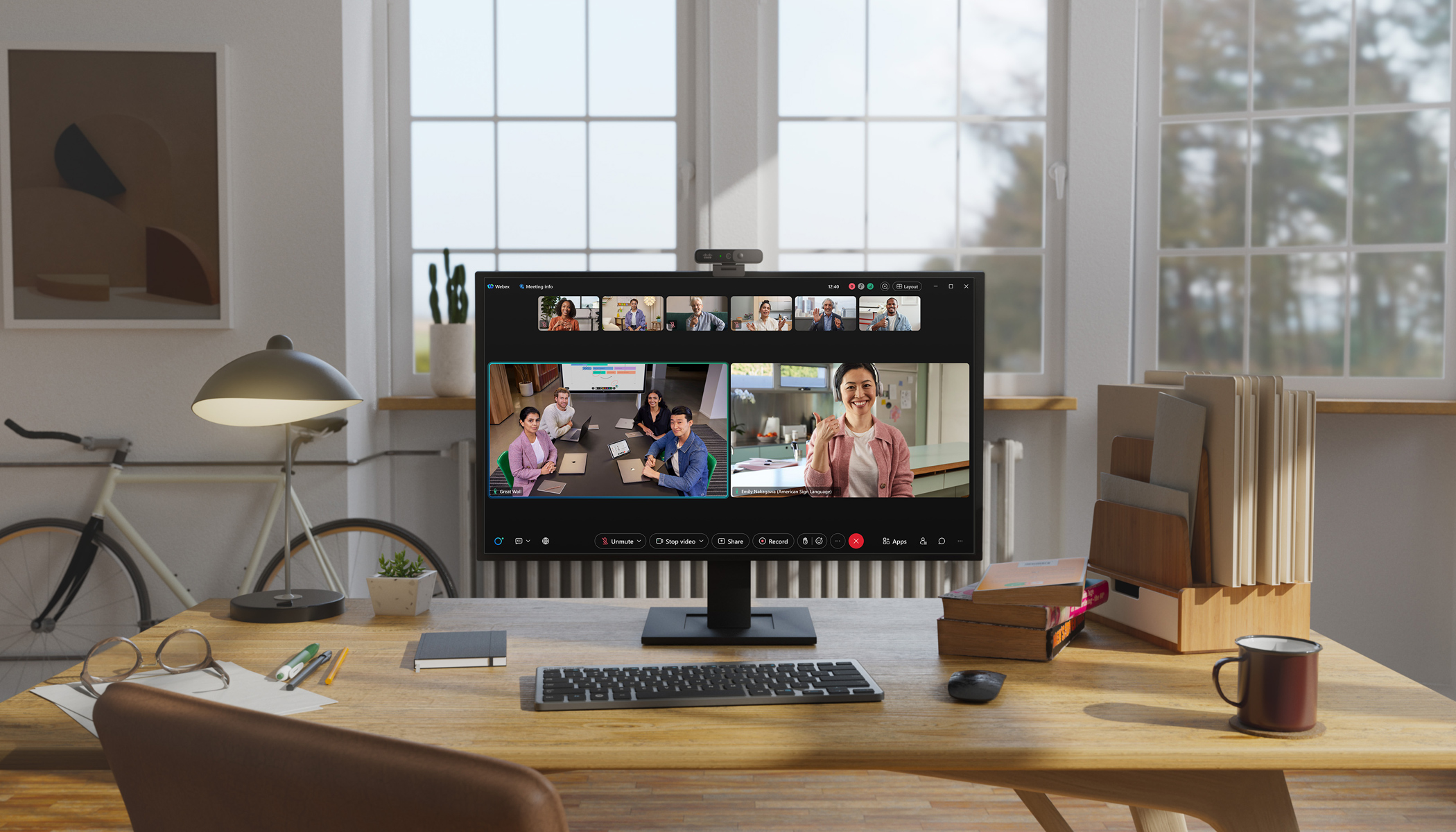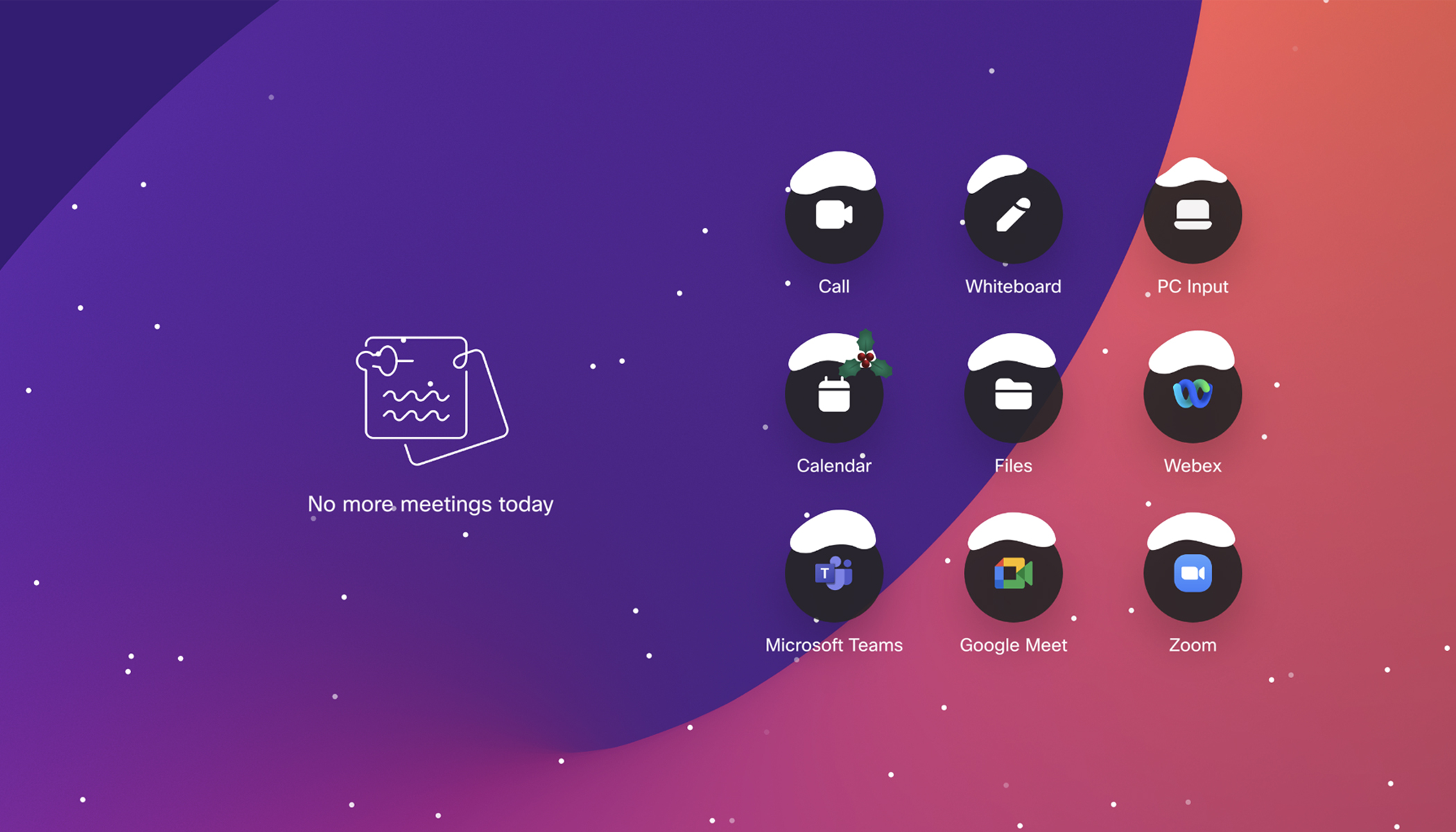Unexpected times have accelerated the need for contact centers around the world to look for ways to support their customers with information about the virus and its impact, while concurrently reducing potential exposure risk for their employees.
Interaction volumes have doubled and even tripled for many of our customers across all industries ranging from medical, travel, banking, retail, telecommunications, and insurance. Going above and beyond to help their customers and their communities during these challenging times is a consistent imperative.
Cisco’s priority is to enable our customers to readily adapt to these urgent needs. Many have already been using Cisco’s virtual contact center and remote agent solutions for years, and now the demand for this has significantly increased. While more than 40% of our customers have an existing work-from-home program for their contact center resources, here is how Unified Contact Center Enterprise and Unified Contact Center Express customers can quickly expand or activate additional work-from-home call center staff to remain productive.
Quick Set Up “Work-From-Home” Agents and Supervisors
Cisco’s on-premises contact center solutions offer multiple approaches to enable agents and supervisors to effectively perform their jobs from home. The approach chosen depends on unique contact center configuration and business needs. For complete set-up instructions, please read our Work from Home Solution Deployment Guide.
- Remote Agent over Broadband
This approach can be used in both Unified Contact Center Enterprise and Express platforms and provides remote agents an identical experience to working in the office through a broadband network connection using VPN. The Cisco Finesse agent desktop and an endpoint such as a Cisco IP phone, Cisco Jabber, or Cisco IP Communicator are all that is needed. - Remote Agent with Expressway
This approach can also be used in both Unified Contact Center Enterprise and Express platforms with agents using the Cisco Finesse desktop over VPN. It leverages the Cisco Webex Edge architecture and includes Cisco Unified Communications Mobile and Remote Access to enable secure access for endpoints that are not in the enterprise network such as a Cisco IP Phone, Cisco Jabber, or Cisco IP Communicator. - Remote Agent with Extend and Connect
This approach enables Unified Contact Center Express agents to work from home using any device. This feature provides the flexibility to answer or make calls using devices that are connected to the PSTN, or to mobile, or other PBX networks. You can enable the Extend and Connect feature through the Cisco Jabber client by selecting only the Extend mode. - Mobile Agent
The Mobile Agent feature enables Unified Contact Center Enterprise agents to work from home and have the flexibility to use their preferred phone choice on any third-party switch infrastructure. Agents specify their destination phone number during sign-in time and can change the number as often as they want. Agents would use the Cisco Finesse agent desktop over VPN.
Protecting your Remote Agents with Cisco Security
To protect your remote agents, Cisco offers key security technologies that are designed to protect remote workers anywhere.
Maintaining Quality of Your Customers’ Experiences
As your customer online touchpoints increase at rapid speed and your agents start to work remotely, it’s important to monitor your customers’ journeys carefully to ensure you’re still meeting your desired CSAT or NPS scores during this crucial time when they need you the most. This can be accomplished by monitoring post-call CSAT or NPS scores using the Webex Experience Management integration with Unified Contact Center Enterprise and Express solutions, and quickly gain root cause analysis of any issues with your contact center.
The solution also lets you run periodic agent pulse surveys, which can be useful to understand how your remote agents are adapting to working from home, and analyzing issues with home broadband, remote mentorship or collaborating with other agents that may be impacting customer experience.
Managing Call Volumes with Self-Service
As part of your business continuity plan, consider offloading simple customer inquiries with self-service options and using an IVR to pre-qualify calls before they get to your remote agents. This gives your customers 24/7 access to your business and reduces wait times for simple requests, while relieving some of the call load from your agents so they may focus on critical customer conversations.
You can also offload call volume by building virtual agents powered by artificial intelligence (AI) using the available APIs, leverage chat and email for inbound inquiries, or proactively reach out to customers using IVR-based outbound campaigns.
Summary
Your contact center plays a critical role in helping you maintain business continuity. We’re all experiencing things we never could have expected. Cisco is here to help. Our priority is to care for our customers first, so that you can care for your own customers and your employees.
Wondering how to enable a remote workforce using Webex?
To learn how to set up remote agents, read our Work from Home Solution Deployment Guide.
Read about our cloud-based Cisco Webex Contact Center quick-to-deploy remote agent plan.
Learn more about Cisco Contact Center
Learn More
Cisco Announces “Work from Home” Webex Contact Center Quick Deployment
Cisco Webex: Supporting customers during this unprecedented time
Cisco Contact Center Portfolio: Revolutionizing Customer and Agent Experiences




